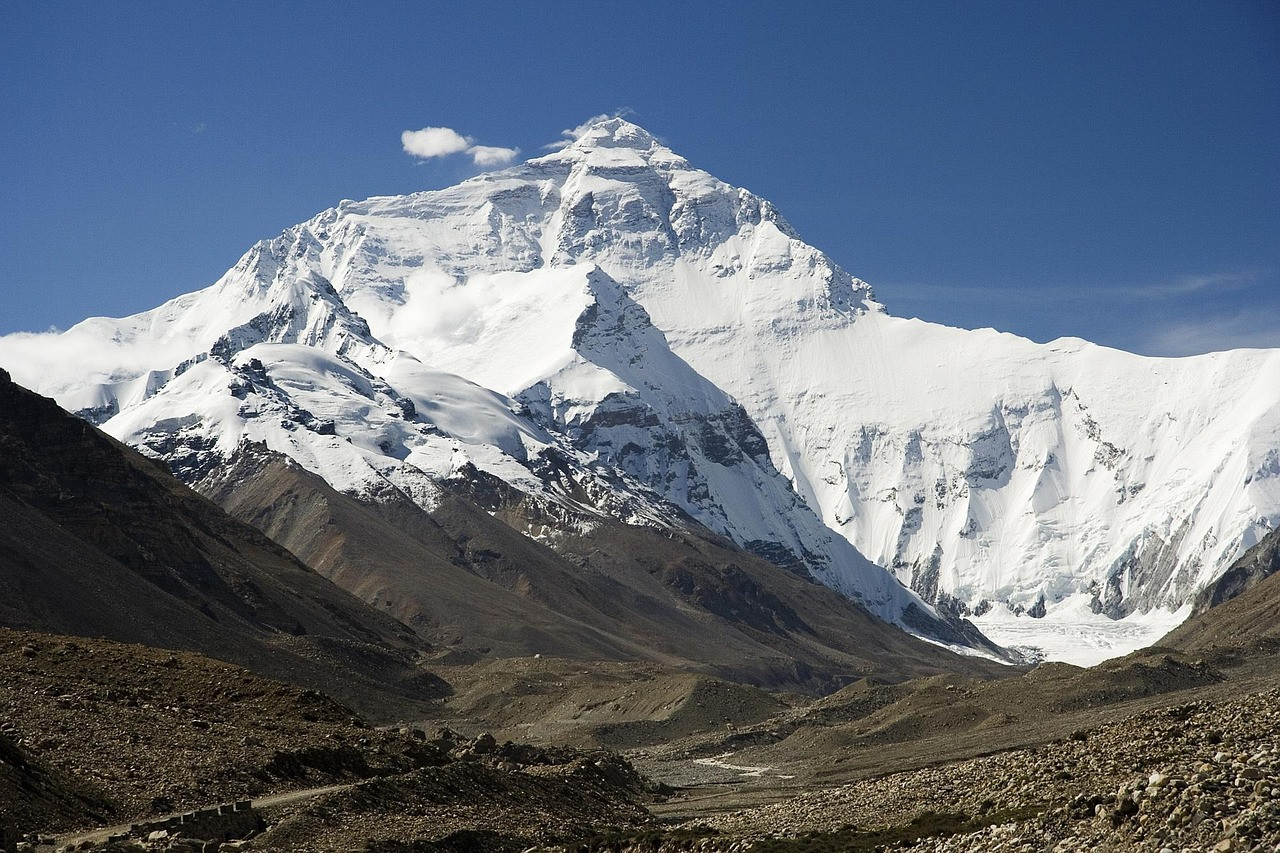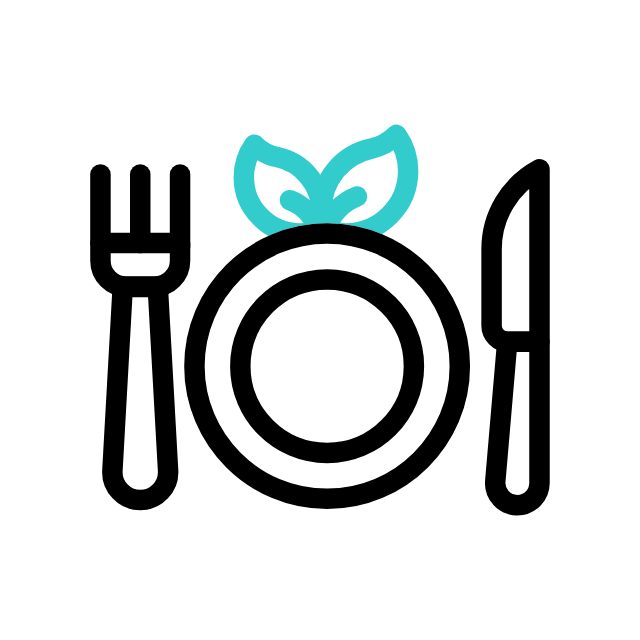The Everest Cho La Pass Trek is one of the most adventurous and scenic routes in the Everest region. It combines the best of two classic treks—Everest Base Camp and the beautiful Gokyo Valley—while adding the challenge and excitement of crossing the high-altitude Cho La Pass. This journey is perfect for those who want more than just a typical Base Camp trek, offering breathtaking views, rich Sherpa culture, and a sense of achievement at every step.
The trail begins with a thrilling flight to Lukla, followed by a gradual ascent through picturesque villages like Phakding and Namche Bazaar. After acclimatizing in Namche, the route diverges toward the serene Gokyo Lakes—turquoise glacial lakes surrounded by massive peaks. A sunrise hike up Gokyo Ri rewards trekkers with panoramic views of Everest, Lhotse, Makalu, and Cho Oyu.
Next comes the adventurous part: crossing the Cho La Pass, a snow-covered, high-mountain pass standing at over five thousand four hundred meters. This section demands effort and focus but offers unbeatable mountain scenery and a real sense of wilderness. Once across, the trail merges with the classic route to Everest Base Camp, where you’ll reach the iconic destination and then hike up Kala Patthar for the best up-close view of Mount Everest.
Throughout the trek, you’ll stay in local teahouses, enjoy hearty meals, and walk through landscapes ranging from lush valleys to glaciers and high alpine terrain. It’s not just a physical journey—it’s a cultural and spiritual experience through the heart of the Khumbu region.


The Cho La Pass is a high-altitude mountain pass that can be challenging, especially in bad weather. Ice and snow can make the crossing more difficult, so trekking experience and good fitness are highly recommended.
Weather conditions in the Everest region can change quickly. Flight delays in and out of Lukla are common, so we recommend adding at least one buffer day at the end of your trip.
Proper acclimatization is key. Our itinerary is designed with this in mind, but you must listen to your body, stay hydrated, and follow your guide’s advice.
This trek takes you to remote areas where facilities are basic. Come with an open mind and a spirit of adventure.
Travel insurance that covers high-altitude trekking and emergency helicopter evacuation is mandatory for this trek.
Your journey begins as you arrive in Kathmandu, the vibrant capital of Nepal. Upon landing, you’ll be welcomed by our team at the airport and transferred to your hotel. The rest of the day is free for you to relax, explore the colorful streets of Thamel, or prepare for your trek. A short briefing will be held in the evening to go over the details of your adventure.

Hotel/Lodge

Breakfast/Lunch/Dinner
After an early breakfast, you’ll take a thrilling 35-minute mountain flight to Lukla, the gateway to Everest. From here, your trek officially begins with a gentle downhill walk through pine forests and Sherpa villages. After about three hours of hiking, you’ll reach the riverside village of Phakding, where you’ll spend your first night in the mountains.

Hotel/Lodge

Breakfast/Lunch/Dinner

Hotel/Lodge

Breakfast/Lunch/Dinner
To help your body adjust to the altitude, today is a rest and acclimatization day. You can explore Namche, visit the Sherpa Museum, or take a short hike to Everest View Hotel (3,880m) for stunning views of Everest and Ama Dablam. Staying active helps with acclimatization, so light hiking is encouraged.

Hotel/Lodge

Breakfast/Lunch/Dinner
Leaving Namche behind, the trail winds along ridgelines with beautiful mountain views before descending to the Dudh Koshi River. After crossing the river, a steady uphill climb through rhododendron forests brings you to the spiritual heart of the Khumbu region—Tengboche. The village is famous for its monastery and panoramic views of Everest and surrounding peaks. Trek time is around five hours.

Hotel/Lodge

Breakfast/Lunch/Dinner
Today’s trail descends through forests to Debuche and crosses a suspension bridge before gradually climbing to Pangboche. Continuing along the Imja Valley, you’ll eventually reach the windswept village of Dingboche. The landscape becomes more open and alpine, and you’ll feel the change in altitude. Trekking time is around five hours.

Hotel/Lodge

Breakfast/Lunch/Dinner
Another important day for acclimatization, today offers options for short hikes around Dingboche. A popular choice is a walk up to Nangkartshang Peak (5,083m), which offers spectacular views of Makalu and the Imja Valley. The goal is to climb high and sleep low, which aids in altitude adjustment.

Hotel/Lodge

Breakfast/Lunch/Dinner
The trail climbs gradually through the barren alpine landscape, passing Dughla before reaching the memorials for climbers who lost their lives in the mountains. From here, a steady ascent brings you to the small settlement of Lobuche, nestled beneath towering peaks. Total trekking time is about four hours.

Hotel/Lodge

Breakfast/Lunch/Dinner
Today is one of the most rewarding days as you reach Everest Base Camp. After a few hours of trekking across rocky terrain and glacial moraines, you’ll arrive at the iconic base camp. Enjoy the surreal views of the Khumbu Icefall and surrounding giants before returning to Gorak Shep for the night. Total walking time is 7 to 8 hours.

Hotel/Lodge

Breakfast/Lunch/Dinner
Before sunrise, you’ll climb to Kala Patthar, the highest point of the trek, for unmatched views of Mount Everest, Nuptse, and Pumori glowing in the early light. After descending to Gorak Shep for breakfast, the trail heads west toward Dzongla, a quiet and beautiful village at the foot of Cho La Pass. Trekking takes about 6 to 7 hours in total.

Hotel/Lodge

Breakfast/Lunch/Dinner
Today is a tough but thrilling day. You’ll start early to cross the Cho La Pass, which involves walking over rocky terrain and glacial ice. The top offers dramatic views and a true sense of wilderness. After crossing the pass, a careful descent leads you to the small village of Thangnak. Trek time is about 6 hours total.

Hotel/Lodge

Breakfast/Lunch/Dinner
The trail follows the Ngozumpa Glacier and leads you into the stunning Gokyo Valley. After 3 to 4 hours of trekking, you’ll arrive in Gokyo, a picturesque village beside the third and largest of the Gokyo Lakes. Surrounded by peaks and reflections in the lake, it’s one of the most beautiful spots in the entire region.

Hotel/Lodge

Breakfast/Lunch/Dinner
An early morning climb to Gokyo Ri offers another incredible panorama, including views of four of the world’s highest mountains—Everest, Lhotse, Makalu, and Cho Oyu. After enjoying the summit, you’ll return to Gokyo, pack up, and descend to the lower-altitude village of Dole. The full trekking time is about 7 to 8 hours.

Hotel/Lodge

Breakfast/Lunch/Dinner
You’ll continue descending through scenic rhododendron and pine forests, passing through several small villages. After around 6 to 7 hours of trekking, you’ll arrive back in Namche Bazaar, where you can enjoy the comforts of the town and reflect on the adventure.

Hotel/Lodge

Breakfast/Lunch/Dinner
Today marks your final trekking day as you retrace your steps to Lukla. The trail is mostly downhill with some short climbs. After about 6 hours, you’ll arrive in Lukla, where you can relax, celebrate your achievement, and enjoy your last evening in the mountains.

Hotel/Lodge

Breakfast/Lunch/Dinner
After breakfast, you’ll take a scenic 35-minute flight back to Kathmandu. Once you land, our team will transfer you to your hotel. You can rest, explore the city, or do some last-minute shopping. It’s a perfect time to unwind and celebrate the completion of an epic Himalayan journey.

Hotel/Lodge

Breakfast/Lunch/Dinner
If this itinerary doesn't suit you and you'd like to create your own, let's talk now!

During the trek, you will enjoy three hearty meals a day breakfast, lunch, and dinner served at local teahouses along the trail. Meals are simple, freshly prepared, and filling, offering a mix of local Nepali and international dishes. Popular options include dal bhat (lentils and rice), noodles, pasta, soups, potatoes, pancakes, fried rice, and eggs. In higher elevations, the variety may be limited, but the food is always nourishing and satisfying. Tea, coffee, and hot drinks are also available throughout the trek.
In Kathmandu, breakfast is provided at your hotel, and you’ll find many options nearby for lunch and dinner on your own.
You'll stay in comfortable teahouses or trekking lodges during the trek. These are simple, family-run guesthouses that offer basic rooms with twin beds, blankets, and shared bathrooms. While the facilities are modest, they are clean, warm, and welcoming. In busy seasons, rooms may fill up quickly, so early booking helps secure the best available spots.
In Kathmandu, you will stay in a standard 3-star hotel, usually on a twin-sharing basis. Private rooms or upgrades can be arranged on request.
We have prepared a list of departure dates for the Everest Cho La Pass Trek available each month. You are welcome to choose a date that best fits your travel schedule. If none of the listed options match your availability, simply let us know your preferred date—we’ll be happy to arrange a customized departure just for you.
As a personalized trekking company in Nepal, we primarily offer private departures to give you a more flexible and tailored experience. However, if you prefer to join a group, please inform us. We can easily organize a group departure on a date that works well for you.
Trek Duration: Typically 17–18 days (Kathmandu to Kathmandu)
Maximum Altitude: Kala Patthar at 5,644 meters
Trek Difficulty: Strenuous due to Cho La Pass and high elevation
Best Seasons: Spring (March to May) and Autumn (September to November)
Accommodation: Teahouses on the trail, hotel in Kathmandu
Meals: Full board on trek, breakfast in Kathmandu
Group Size: Private or small groups (1–12 people)
Guides & Porters: Experienced, English-speaking licensed guides and insured porters
Charging & Wi-Fi: Available in some teahouses (extra charges may apply)
Permits Required: Sagarmatha National Park, Khumbu Rural Municipality, and TIMS
While not mandatory, previous multi-day trekking experience is recommended. This route includes steep climbs, glacier crossings, and exposure to high altitude, so being mentally and physically prepared makes a big difference.
You’ll stay in teahouses—simple, clean lodges with basic twin rooms and shared bathrooms. They offer warmth, meals, and cozy common areas. In Kathmandu, you’ll stay in a comfortable 3-star hotel.
Yes, three meals per day are included during the trek—breakfast, lunch, and dinner. Meals are basic but nourishing, typically including rice, lentils, noodles, pasta, eggs, and vegetables. In Kathmandu, breakfast is provided.
Yes. Travel insurance that covers high-altitude trekking and emergency evacuation (like helicopter rescue) is mandatory. Be sure to check your policy for specific coverage.
Your safety is our priority. Our guides are licensed, experienced, and first-aid trained, and we carry an oximeter and first aid kit on every trek. Daily health checks are performed to monitor altitude adaptation.

